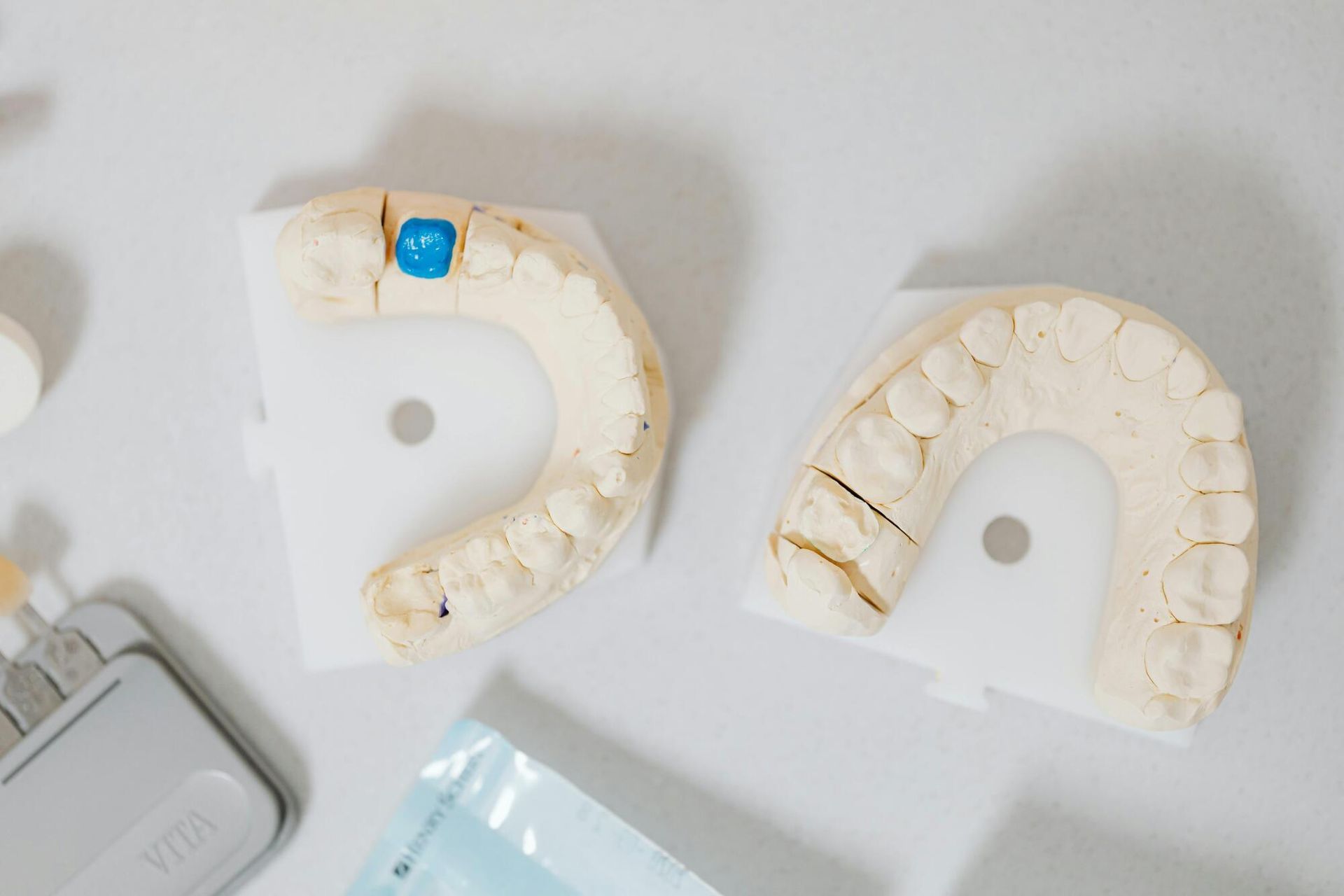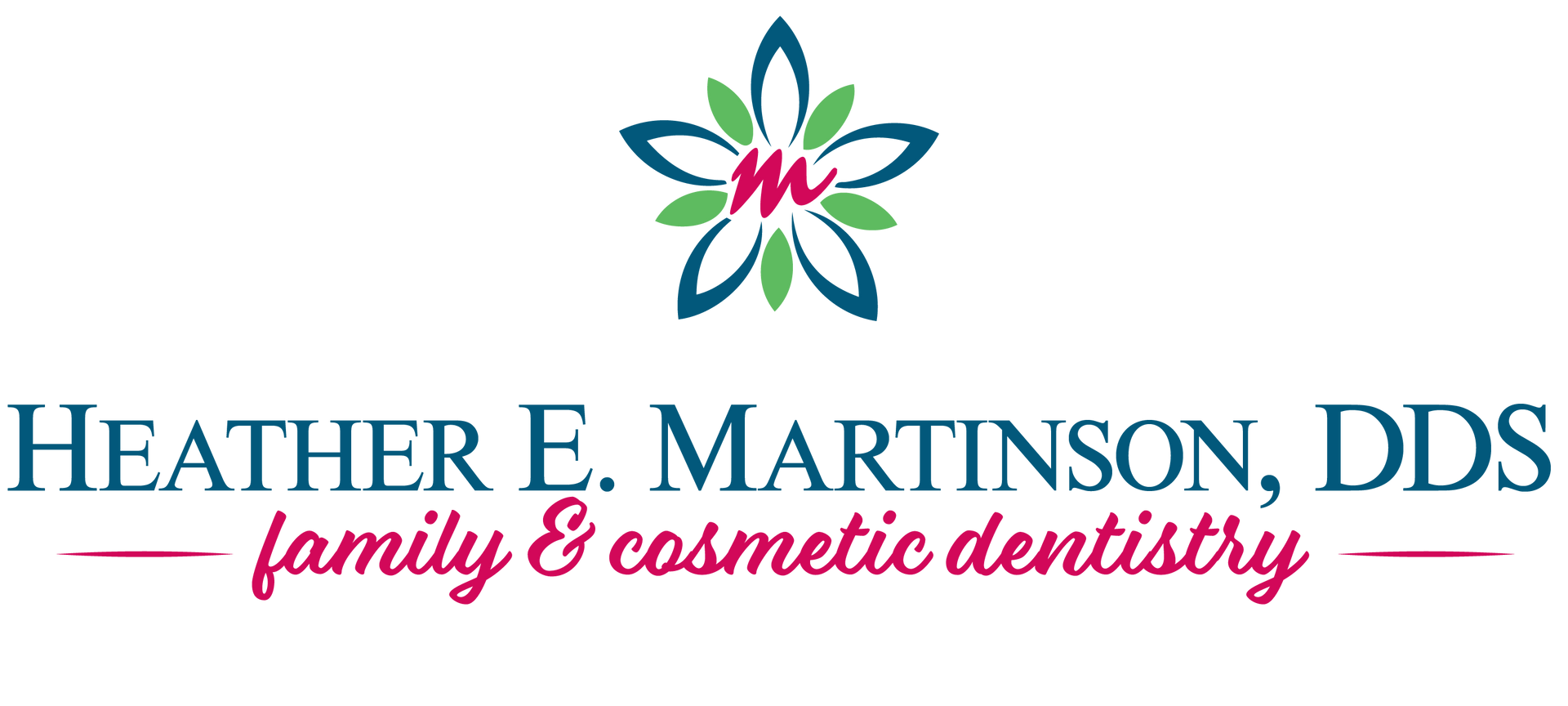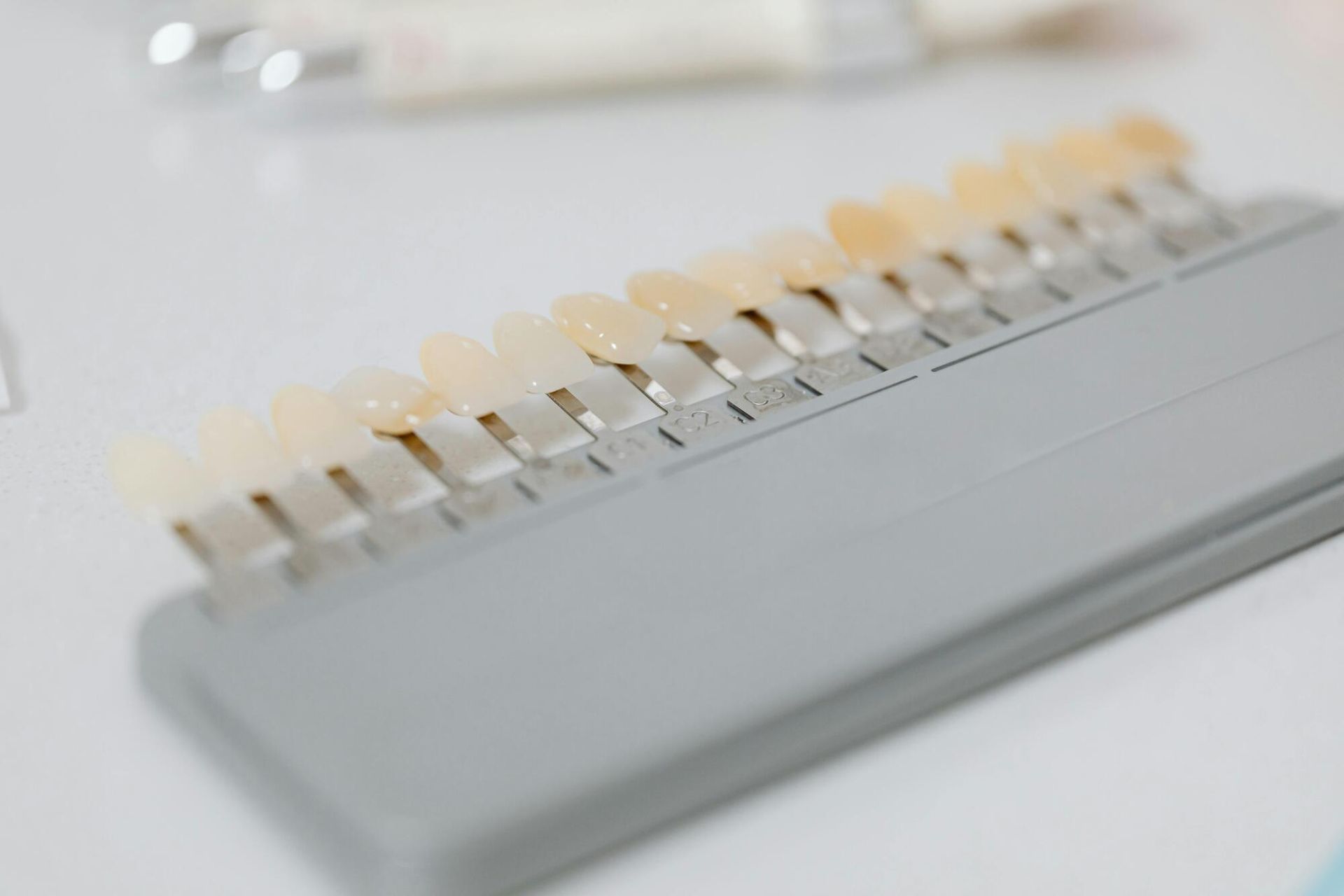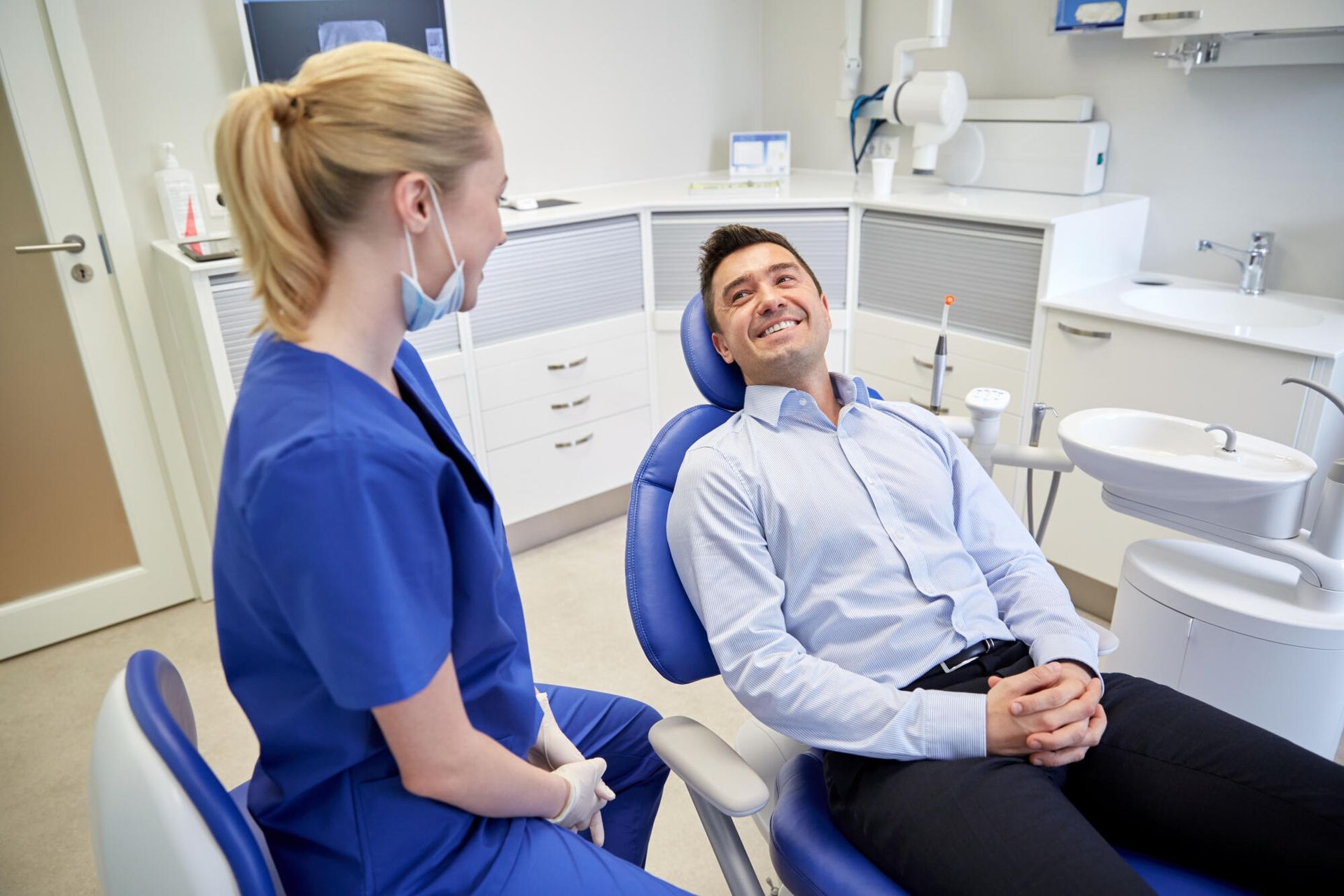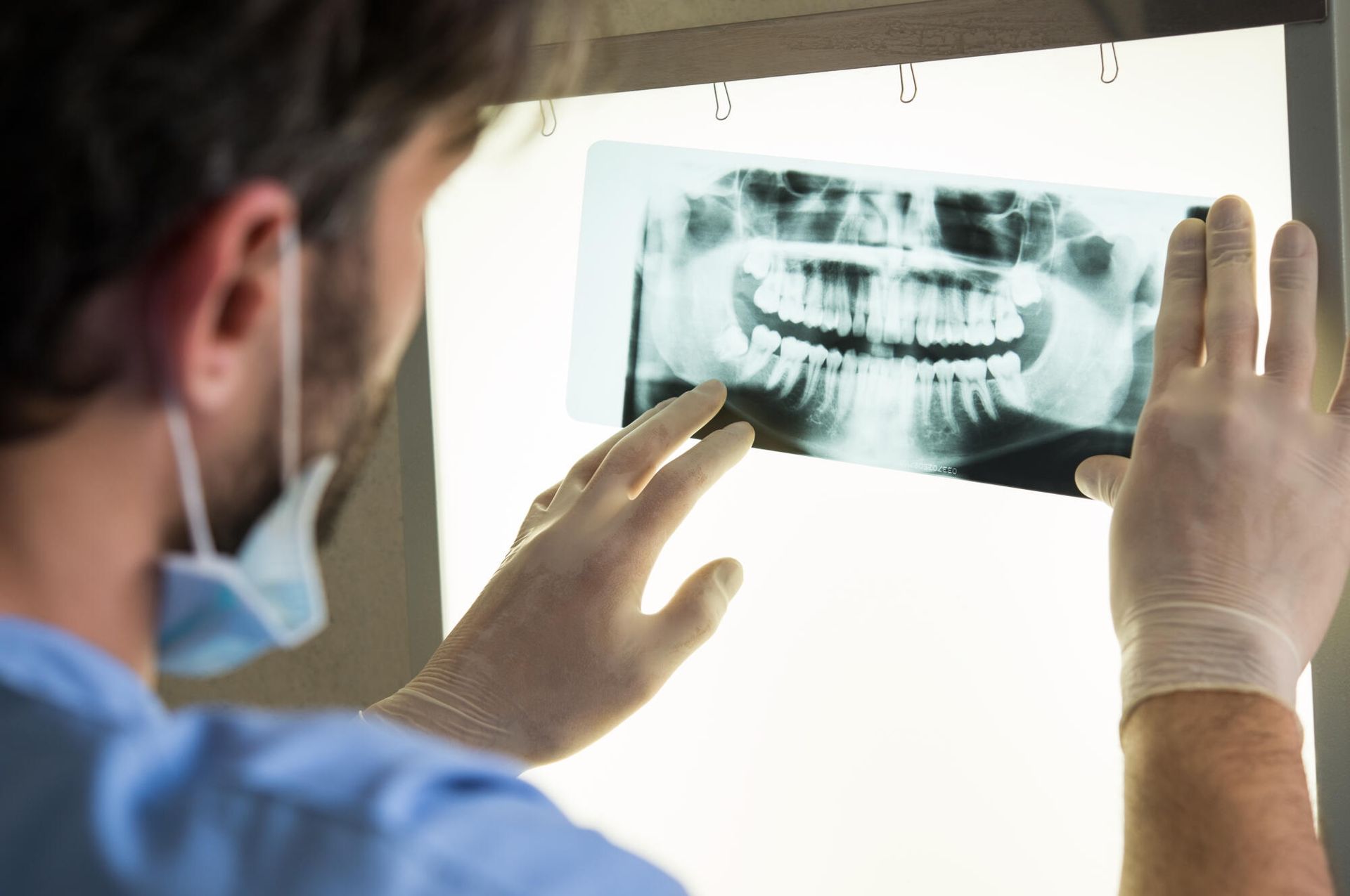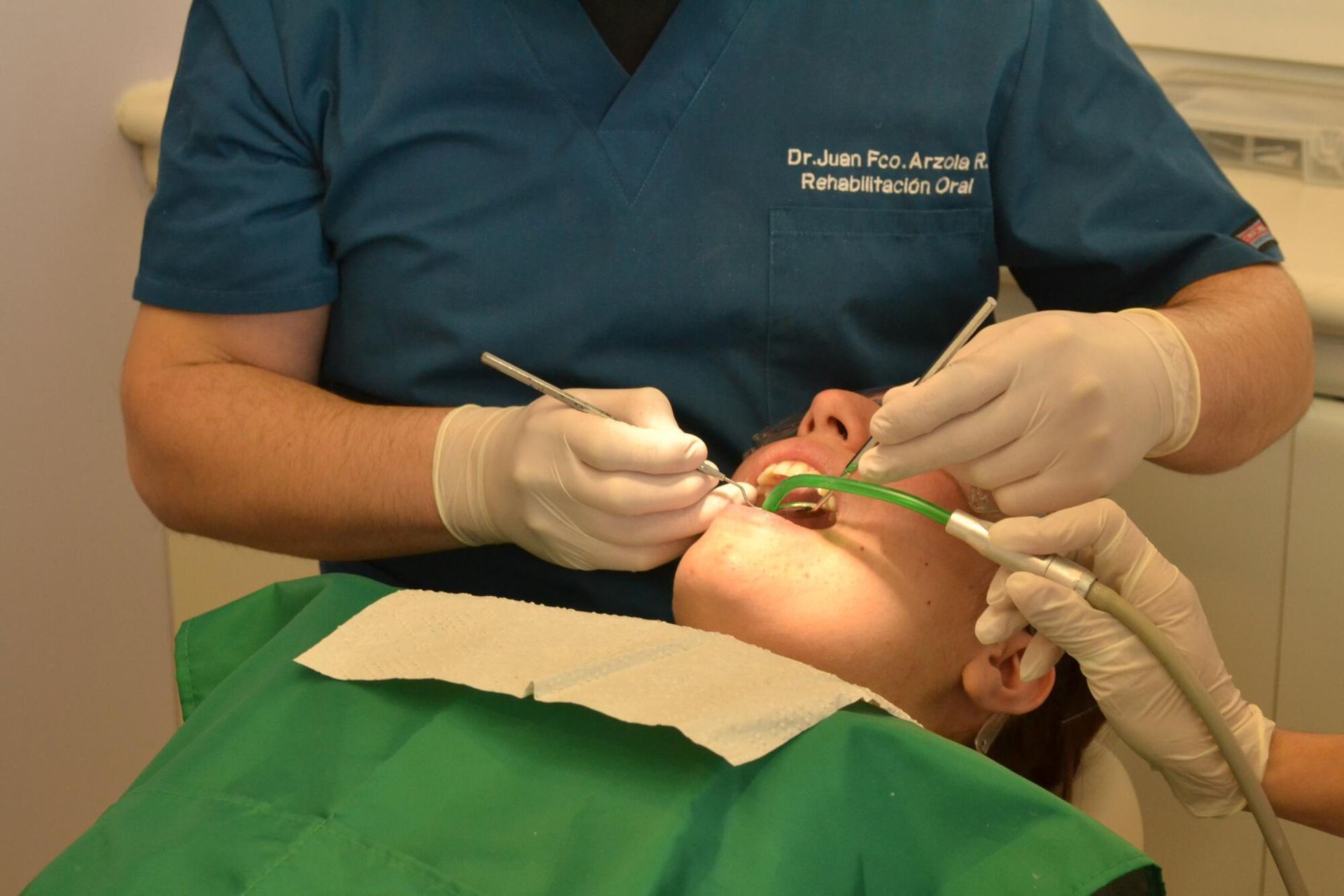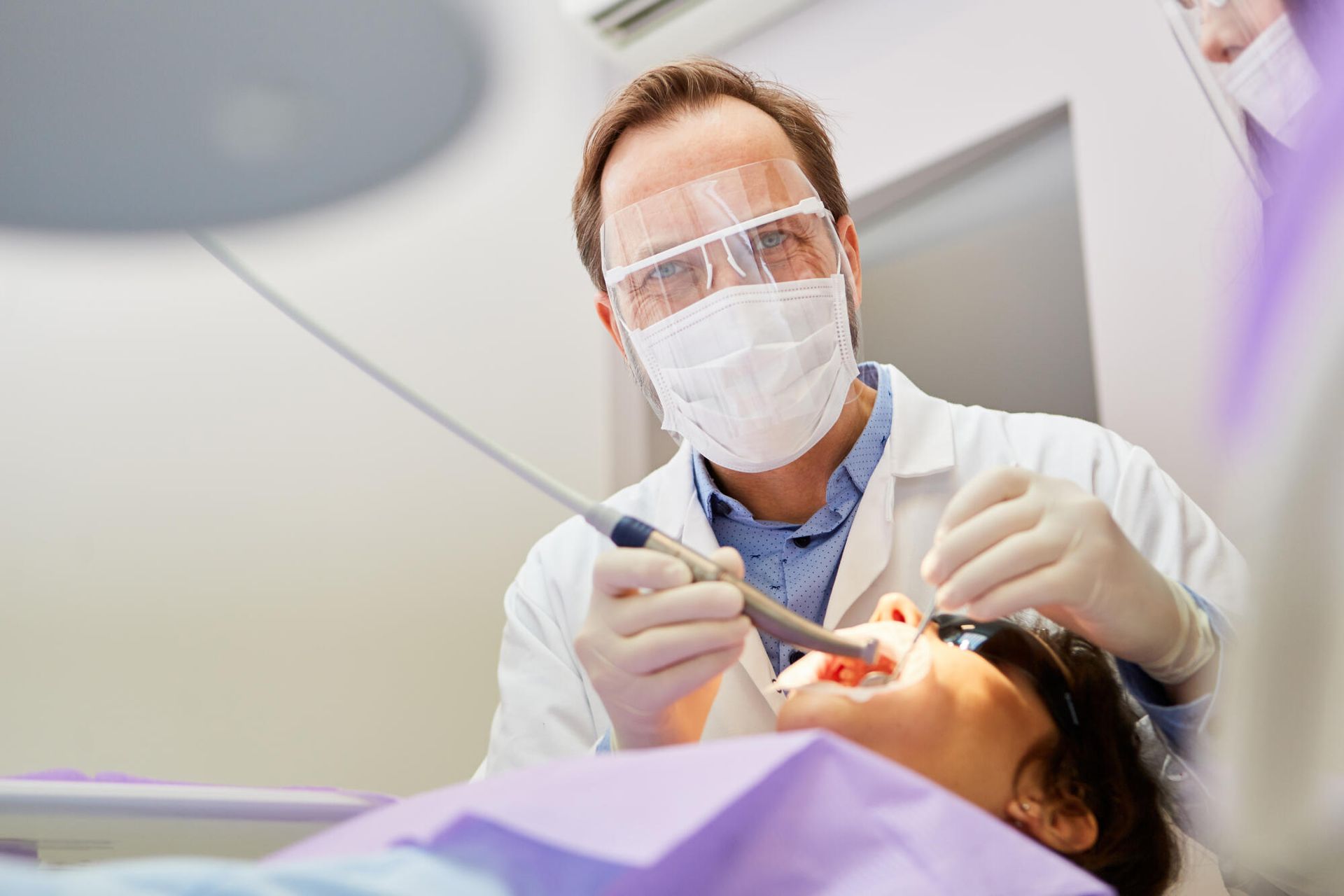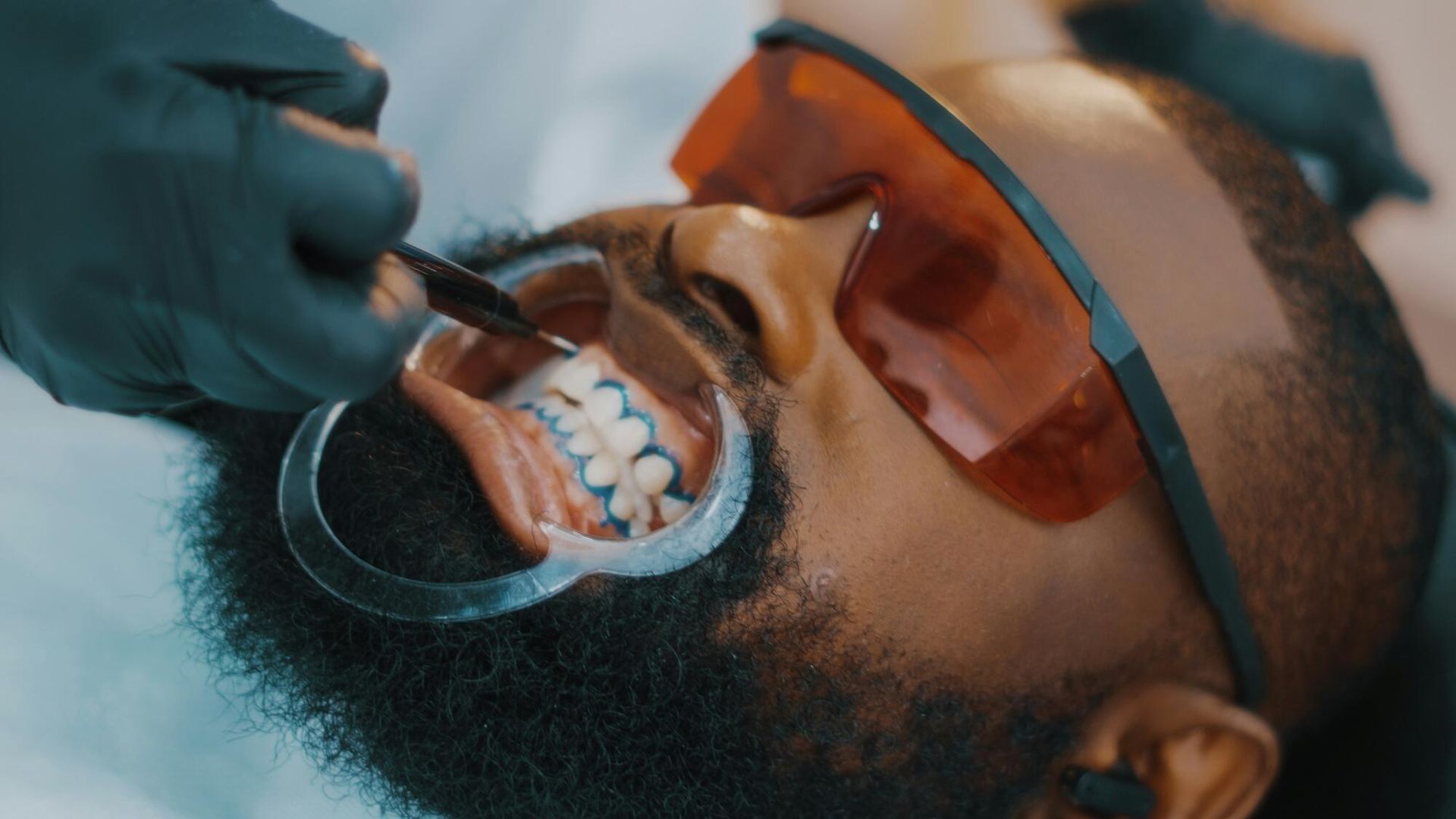Adults with Gag Reflex
Having a sensitive gag reflex can make it difficult to receive comfortable dental care. The second you feel dental tools like a mouth mirror on your tongue, your gag reflex kicks in, forcing you to change positions and likely exacerbating your anxiety.
If this sounds familiar, know that you're not alone. Very Well Health reports that an estimated 10-15% of people have a hypersensitive gag reflex.
What are dentists doing to address this common problem? While not all offices are prepared to provide gag reflex solutions, you can find a dentist who offers sedation, such as Heather Martinson, DDS.
How does sedation dentistry help? What other gag reflex solutions can you try? Read on to find out.
What Causes Adult Gag Reflex?
Finding a solution to your adult gag reflex often starts with understanding the cause. Believe it or not, gag reflexes can result from both physical and mental factors. Let's take a closer look.
Physical Causes
Adult gag reflexes can have ties to a variety of physical conditions. These include (but aren't limited to):
- Acid reflux or gastroesophageal reflux disease (GERD)
- Nasal obstruction or deviated septum
- Multiple sclerosis and other neurological disorders
If your sensitive gag reflex is new or seems to come and go, it could be tied to conditions that cause post-nasal drip, like allergies or sinusitis. While this may pass with time, ongoing or constant physical causes may require medical intervention.
Psychological Causes
Believe it or not, your gag reflex could be a reflection of what's going on in your mind. We work with patients who experience dental anxiety due to factors like:
- Negative experiences with dentists in the past
- Fear of loss of control
- Embarrassment or shame surrounding oral health
When you experience anxiety, it can trigger your fight-or-flight and vagus responses, which in turn can stimulate your gag reflex. Finding anxiety relief may eliminate this type of gag response.
Sensory Triggers
Sensitivity to certain sensory experiences can also trigger the gag response. For example, some patients may gag due to:
- The smell of dental cleaning products like fluoride
- The sensation of certain dental tools in the mouth
- The sound of dental tools like electric toothbrushes
This sensory sensitivity could be tied to an overall stress response or could be a symptom of a condition like neurodivergence.
Gag Reflex Solutions
There are several different ways to seek relief from a sensitive gag reflex. Let's explore relaxation techniques, physical strategies, and sedation dentistry methods that can help patients with gag reflexes get through their next dental appointment.
Relaxation Techniques
If you believe that your gag reflex stems from anxiety, you may want to try some relaxation techniques before and during your next appointment. Mayo Clinic offers a great breakdown of techniques like:
- Autogenic relaxation
- Progressive muscle relaxation
- Visualization
For some patients, distraction can work wonders. Ask your dentist about wearing headphones to listen to soothing music or a podcast during your appointment.
Physical Strategies
You can use a few physical strategies to reduce or cut off your gag reflex. The strategy you use should reflect the source of your gag reflex, with examples including:
- Breathing through your nose instead of your mouth
- Taking a nasal decongestant to control post-nasal drip
- Sitting upright for your appointment
- Lifting both legs when you feel the urge to gag
Make sure you communicate with your dentist about what strategies you plan to use and why. They may even have a few tricks you can try that you aren't aware of!
Sedation Dentistry
Sedation dentistry is a great resource for adults with a hypersensitive gag reflex. Even light sedation can induce a calming effect on the mind and body, preventing the gag reflex from occurring during an appointment.
Sedation is common for certain procedures, like root canals and wisdom tooth removal. However, not all dentists will use sedation for routine appointments. Make sure you work with a dentist who offers sedation as part of their compassionate approach.
Working With a Dentist That Offers Sedation
According to a study published by the National Library of Medicine, sedation is considered the most effective tool for dental patients with hypersensitive gag reflexes. Here are the steps to take when working with a dentist that offers sedation.
Communicate With Your Dentist
First and foremost, you'll need to communicate your needs before your next appointment. Call your dental office directly or ask to schedule a consultation. To provide sedation at your appointment, we will need to:
- Learn about your medical history
- Discuss your specific needs and expectations
- Potentially schedule our anesthesiologist for your appointment
This is also a great opportunity to ask any questions you may have about your upcoming appointment.
Talk About Sedation Options for Adults
During this initial conversation or consultation, discuss the different sedation options and their pros and cons. These options include:
- Oral sedation
- Inhaled sedation
- IV sedation
- General anesthesia
For mild cases of anxiety-induced gagging, light sedation in the form of a pill or nitrous oxide can make a huge difference. We're more likely to use a bigger dose of oral or inhaled sedation for more serious gag reflexes.
Plan Your Appointment Day Accordingly
The type of sedation you choose will impact what you can and can't do on the day of your appointment. Your dentist will tell you in advance if you need to abstain from eating (or eat only a light meal) before your appointment.
In all cases, we require that patients have a ride home from their appointments. While you can take a rideshare to your appointment, we request that your driver be a trusted friend or family member post-sedation.
Get Compassionate Sedation Dentistry in Arlington, TX
If you're an adult with a sensitive gag reflex, you may benefit from working with a dentist who offers sedation for non-invasive appointments like dental cleanings. Even mild sedation can allow many patients to get through their dental care without gagging.
Heather Martinson, DDS, offers compassionate dental care in Arlington, TX. Our sedation dentistry makes dental appointments accessible to patients with anxiety, sensitive gag reflexes, and more. Learn more about our holistic approach to family dental care.
Dr. Heather E. Martinson
